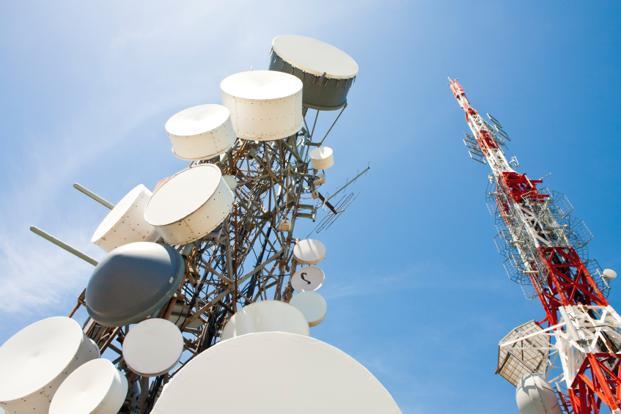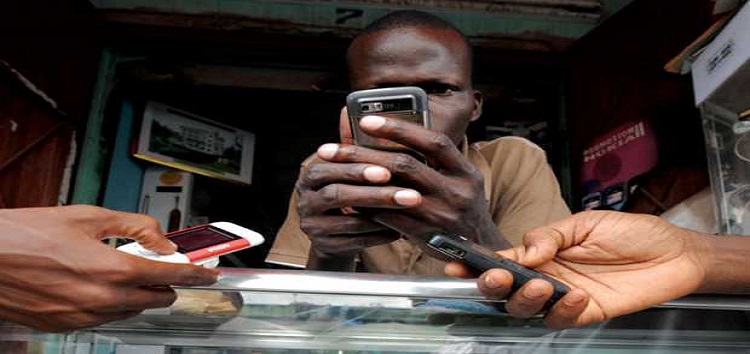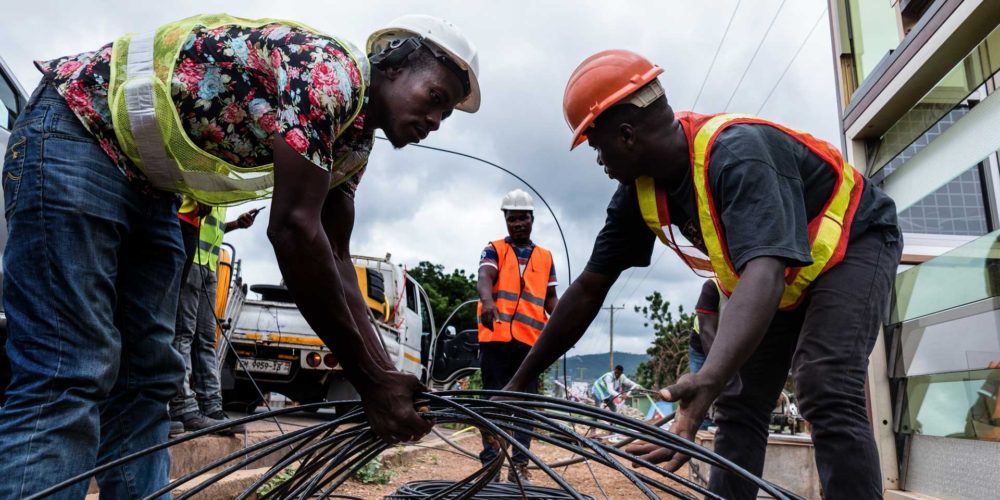Technological offerings are a lifeline for global growth, including that of Africa. These advancements have enabled numerous countries to achieve solutions that would not have been possible 20, 10, or even 5 years ago.
Individuals and industries alike have seen and continue to experience a huge paradigm shift, particularly in terms of the availability of technologies that have helped redefine their work processes.
5G broadband is one of the many more recent innovations in technology. This fifth-generation (5G) wireless internet is no longer a futuristic concept; it has come and is now available in a few major cities globally.
African cities are not left behind and have a lot of potential in these innovative steps. There are lots of buzz about how the next generation of wireless technology may help Africa catch up with the rest of the world in terms of high-speed internet access.


With its limited Internet access and infrastructure, high data costs, and faltering economy, the continent can profit from 5G in a variety of ways.
However, there are also some challenges that need to be addressed as communication service providers (CSPs) gear themselves for the 5G era and maximise the value the technology can bring.
Africa’s 5G Prospects
5G is the abbreviation for the fifth generation of internet broadband. It’s the next step in the evolution of mobile internet technology after the 4G LTE standard.
Faster download and upload speeds are some of the benefits of 5G. Websites will load in milliseconds rather than minutes, and movies will be downloaded in seconds rather than minutes.
5G also boasts considerably lower latency, or lag, which is the delay that creates unpleasant echoes and visual flickers whether you’re on WhatsApp or playing online video games.
Unlike the previous mobile technologies, the 5G spectrum requires higher radio frequencies. Because these frequencies can’t reach as far as other frequencies, 5G networks would require a denser network of base stations or masts.
As a result, 5G is better suited to highly populated metropolitan regions where a large number of individuals are simultaneously online.
With the promise of better and faster internet connectivity offered by the 5G networks, the African telecom space has had some problems in the past few years to contend with.
Infrastructure deficits are hindering progress.
The absence of adequate infrastructural services is one of the main obstacles that have continually hindered efforts to develop Africa.
Technology and innovation are the engines of economic growth. With the globalisation of trade and investment, technological capabilities are a source of competitive advantage.
The absence of workable infrastructures remains a lingering obstacle to 5G developments in the continent, inclusively.
For a 5G enabled location, mobile operators face huge infrastructure costs that they aren’t sure how they’ll recoup.
To broadcast the 5G signals, mobile carriers must construct a huge network of masts or antennas. That means carriers must invest a lot of money to build out 5G services, and they aren’t sure if it is worth it in the African context.
This fear is not farfetched as it is based on precedence. The continent already has an overabundance of 4G fast mobile internet, which regular customers are unwilling to purchase due to its high cost.


In Nigeria, for example, just approximately 4% of mobile internet users pay for 4G services, while more than 40% use the cheaper, but slower, 3G internet, despite the country’s substantial 4G network. Across most of Africa, it’s the same story.
If African customers can’t afford 4G, there’s no way they’ll be able to afford 5G, let alone the new gear required to utilize 5G on a smartphone.
Issuance of 5G spectrum licences
Although 5G networks are still in their early days and African countries are taking steps to make them commercially available, the services are still extremely limited.
The majority of African governments haven’t yet developed the regulations that would allow for a 5G rollout in their respective countries.
Countries such as Nigeria, Kenya, and South Africa are some of the few that have taken steps towards regulations, but the calls for other countries to do the same have intensified.
In Nigeria, MTN and MAFAB Communications emerged as the winners of the 5G spectrum auction conducted by the Federal Government and have thus, acquired the right to the rollout of the nation’s 5G spectrum.
Until each country’s communications authority follows a similar path and launches a spectrum auction to sell the rights to broadcast across certain frequencies, mobile companies on the continent will not be able to deploy full 5G services.
Why should Africa care about 5G?
Technology is never static, and Africa should embrace the realization of the same. Tech enthusiasts agree that 5G might allow Africa to access quicker and more consistent mobile internet without the need for high-speed broadband fibre optic lines.


A fibre network is within 25 kilometres of a little over half of Africa’s population. According to independent estimates in Nigeria, the figure is around 14 percent. Instead of digging up fibre connections, African countries may invest in newer 5G technology and leapfrog their way to high-speed connectivity.
The 5G network is having a big impact globally in industries like health and education, thanks to telemedicine and remote schooling. With improved internet call quality and reduced latency, remote surgery through a video link might become a possibility.
Although Africa has had a significant delay in 5G rollout, the time lag before large-scale 5G deployment could have positive implications for the region.
This might allow 5G technology to evolve and be tested in other areas, allowing Africa to avoid making the same mistakes that other countries have made.
Furthermore, the region may profit if the cost of devices and equipment falls as more nations across the world begin to roll out 5G.






